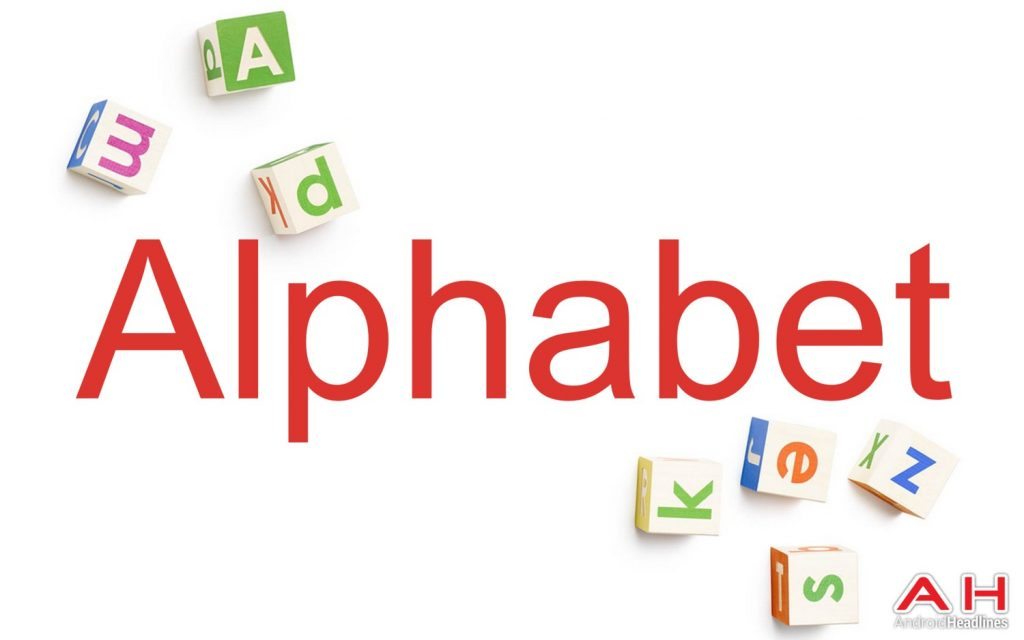Three more languages can now be translated in a more natural manner by Alphabet Inc (NASDAQ:GOOGL) Google Translate. These languages include Vietnamese, Russian and Hindi. Previously, a phrase-based translation approach was used but this has now been replaced by a neural machine-based system that yields higher-quality and more natural-sounding translations.
Initially in September 2016, the neural machine-based system translated English to Chinese and vice versa. Two months later in November, predominantly European and Asian languages such as Korean, Japanese, Turkish, German, French, Portuguese, and Spanish were added. Besides making up over 35% of all queries on Google Translate, these languages are spoken by more than a third of the global population.
Web pages
Google’s neural translation system for the three new languages that are now supported can be accessed through the web, iOS and Android. The service is also available on Google App and Google Search. Preparations for website page translations on the Chrome browser are underway.
In an online posting the head of product for Google Translate, Barak Turovsky, revealed that support for more languages will be made available in the near future. The online search giant hopes to have translations for all the 103 languages done using the neural system eventually.
Neural networks
The use of neural machines for translation involves training neural networks using data or information that is already available before the networks can make inferences concerning incoming queries. This is the same approach that Google has employed in its artificial intelligence projects. Despite the adoption of the neural network to translate, contributions by real people to the translation service will not be discontinued.
Google is, however, not the only firm utilizing artificial intelligence in its translation service as Microsoft Corporation (NASDAQ:MSFT) is employing the same with its translation application. Naver, the largest online search company in South Korea, also recently unveiled a translation tool that also makes use of artificial intelligence. The tool is called Papago and it currently supports four languages namely English, Korean, Japanese, and Chinese.
On Monday shares of Alphabet Inc fell by 0.21% to close the day at $847.27.
